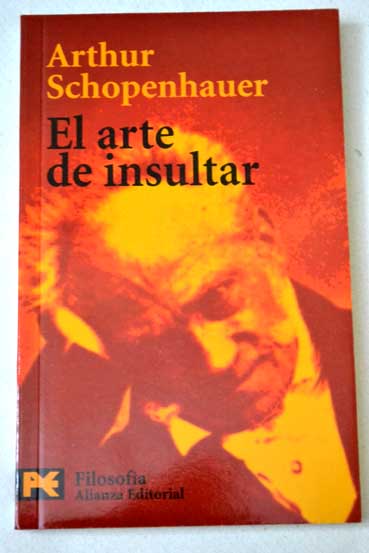

In aesthetic enjoyment Schopenhauer saw a form of knowledge that is higher than ordinary empirical knowledge because it is a disinterested contemplation of the forms or essences of things, rather than a cognition of causal connections between particulars driven by the will's interest in control and domination. Schopenhauer's theory of the empirical world is an idealism, in which the doctrines of Kant are identified with those of Berkeley. He saw the same vision in the texts of Indian religions-Vedanta and Buddhism-which he regarded as vastly superior to Western monotheism. Schopenhauer's philosophy is founded on the idea that reality is Will-a single, insatiable, objectless striving that manifests itself in the world of appearance as a vast multiplicity of phenomena, engaged in an endless and painful struggle with one another. This may be in part because, unlike his German idealist contemporaries, Schopenhauer is a lucid and even witty writer, whose style consciously owes more to Hume than to Kant.

Schopenhauer's philosophy exercised considerable influence in the late nineteenth and early twentieth centuries, not only among academic philosophers but even more among artists and literati. Around 1850, toward the end of his life, Schopenhauer's philosophy began to receive belated recognition, and he died in the confidence that his long-awaited and deserved fame had finally come. In 1844 he published a second volume of The World as Will and Idea, containing developments and commentaries on the first. In 18 he submitted essays on freedom of the will and the foundation of morality to competitions sponsored by the Royal Danish Academy but he won no prize, even when his essay was the only entry in the competition. Schopenhauer continued to be frustrated in repeated attempts to achieve recognition. This move resulted only in further humiliation for Schopenhauer, since no one showed up to hear him. In 1819 he arranged to hold a series of philosophical lectures at the same time as those of the newly arrived professor Hegel, whom Schopenhauer despised (calling him, among other creative epithets, an 'intellectual Caliban'). When Schopenhauer wrote his principal work, The World as Will and Idea (1819), he was confident that it was a work of great importance that would soon win him fame, but in this he was badly disappointed.


 0 kommentar(er)
0 kommentar(er)
